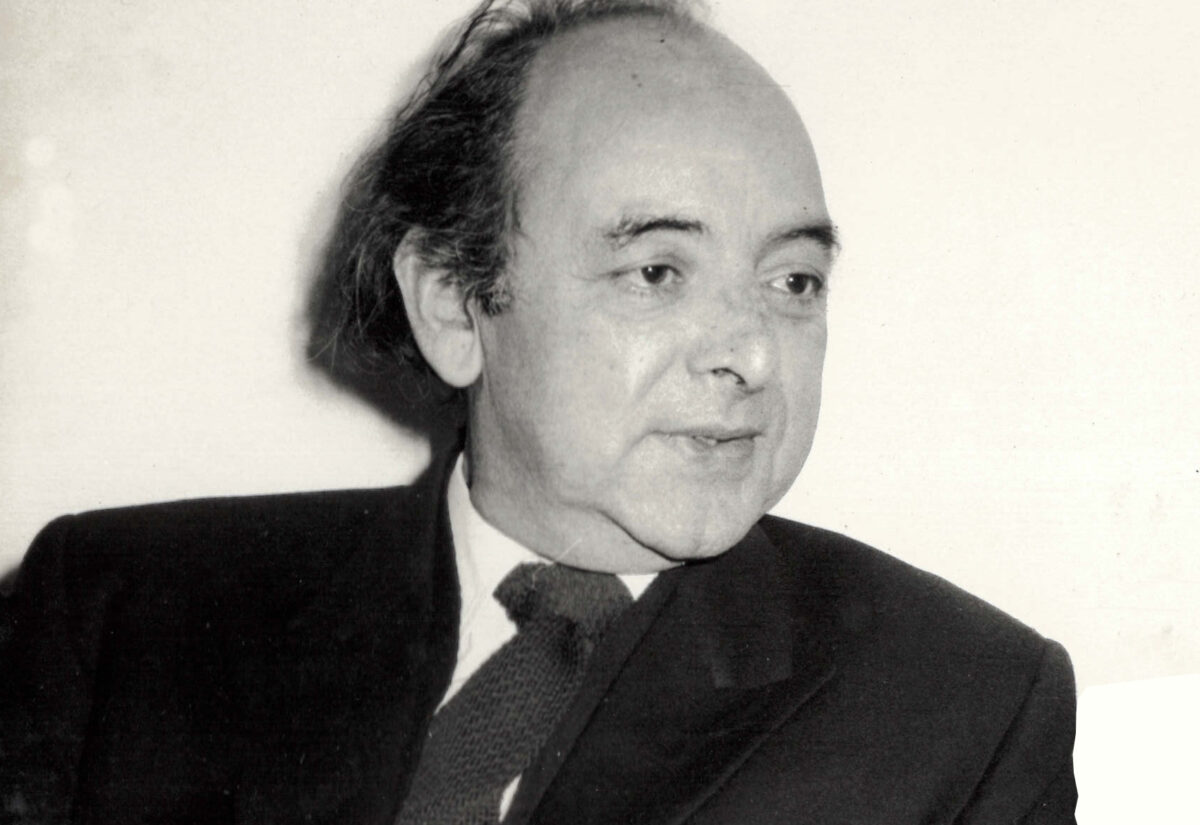
Shri L. Bullayya, Vice-Chancellor, presenting Shri D. P. Dhar, Minister of Planning to the Chancellor for the Award of the Honorary Degree of D.Litt. at the Forty-Seventh Convocation of the Andhra University held on 3rd August 1974.
Mr. Chancellor,
May I present to you before this Convocation Shri D. P. Dhar, Union Minister of Planning, a man who combines in himself the graces of a brilliant mind, the skills of an able administrator and the sub¬tilities of a persuasive diplomat.
Shri Dhar, affectionately known as “D. P.”, comes from a family of landed aristocracy. Like his ancestors, his deep commitment to the urges of the people of Kashmir Valley, brought “D. P.” close to the people’s movements and made him plunge into politics at the early age of sixteen, when the rest of his clan sought privileges of office in the Maharaja’s administration.
A born leader, he was the President of Lucknow University Students’ Union, when he came into contact with Pandit Jawaharlal Nehru. Since 1938, “D. P.” has taken prominent part in the freedom struggle which reached a decisive phase in the famous “Quit Kashmir” movement when he was jailed along with other leaders.
Memorable was his role at the time of the Kashmir invasion in 1947 by Pakistani forces. The heroic resistance of the people at that time was inspired and directed by patriots like “D. P.” whose extraordinary courage in the face of the enemy was noteworthy in the incident when he led a squad of the people’s militia into the heart of the enemy. Twice he escaped certain death in ambush; his exploits as a leader of the resistance movement adorn a chapter in the historic role of the people of Kashmir in resisting the invader.
Ever since he has dedicated his life to the welfare of the people of Kashmir state as part of the Indian Union. From 1948 to 1964 he was in the centre of the politics of that state; as a member of its Constituent Assembly and later as the Home Minister in the State Cabinet, his career was one of brilliant achievements in the Government of Kashmir.
When the Kashmir issue came before the United Nations he and Shaik Abdullah were chosen members of the Indian delegation which was headed by the Late Gopalaswamy lyengar.
Again in 1965 when Pakistan invaded Kashmir he was the man of the hour who rallied the courage of the people in that historic moment. He was among the first to rush to the battle zone.
His is the dedicated life of a statesman with vision and wisdom.
His national stature as a diplomat opened when he became India’s Ambassador to the Soviet Union in 1969. He declined earlier a similar offer of a diplomatic assignment by Nehru, because he believed that Kashmir politics then was passing through a decisive stage. The signing of the Indo-Soviet Treaty of Peace, Friendship and Cooperation in 1971 is one of the landmarks of his diplomatic career.
In 1971, he became the Chairman of the Policy Planning Committee in the Ministry of External Affairs. In that capacity he was called upon to serve as the special envoy of the Prime Minister, Smt. Indira Gandhi to handle the grave Bangladesh crisis. After the war when the Prime Minister took the initiative to restore peace with Pakistan, Shri Dhar’s talent for the cut and thrust at the negotiation table was again called into action. He went to Murree as Smt. Gandhi’s emissary. With persuasive skills of diplomacy, he negotiated with the emissaries of Pakistan the terms of the Simla Agreement.
With his deep commitment to the Planning, process and his firm faith in economic equality and jus¬tice, it was appropriate that he should have been chosen to be the Planning Minister at a very difficult time in the economic history of the country. The draft Fifth Five-Year Plan bears the impress of his concern for economic justice and self-reliance.
Such is the life of Shri D. P. Dhar, one of the eminent makers of modern India, a man of the hour in the destiny of the people of Kashmir, a seasoned diplomat, a worthy son of Bharat whom we
honour today.
May I now request you, Mr. Chancellor, to confer the degree of D.Litt. (Honoris Causa) on Shri D. P. Dhar.